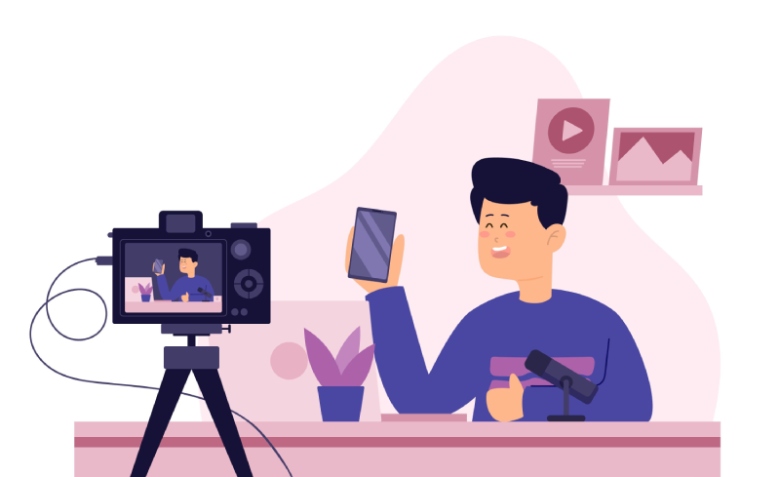
Exploring the Benefits of Free Educational Platforms and Courses
Free educational platforms and courses have revolutionized the way people access knowledge, making learning more accessible, flexible, and affordable for individuals worldwide. From students seeking supplemental material to professionals looking to upskill, free online education has become a powerful tool for personal and professional growth. These platforms offer a wealth of resources that cater to diverse learning needs, ranging from academic subjects to practical skills, fostering an environment of lifelong learning.
Accessibility and Convenience
One of the most significant benefits of free educational platforms is accessibility. Traditional education can be expensive and geographically limiting, but online resources break these barriers by providing quality content to anyone with an internet connection. Learners from underprivileged backgrounds or remote areas can now access top-tier education without financial strain. Additionally, individuals who juggle work, family, or other commitments can learn at their own pace, making education more inclusive than ever.
Many students also rely on online resources to supplement their studies, especially when they need additional support or clarification. When faced with tight deadlines or challenging assignments, some may even seek services that can help them with their coursework, thinking, "Can someone write my paper PaperWriter?" This demand has fueled an industry of academic assistance, highlighting the need for diversified educational resources.
Flexibility in Learning
Another advantage of free educational platforms is the flexibility they offer. Unlike traditional classroom settings that follow strict schedules, online courses allow learners to set their own study pace. This is particularly beneficial for working professionals, parents, and those with unconventional schedules. Whether someone wants to take a single course on programming over the weekend or complete a certification over several months, online learning accommodates various timelines. Platforms like Coursera, edX, Khan Academy, and MIT OpenCourseWare provide structured yet self-paced learning experiences that cater to different needs.
Development of Essential Skills
Free online courses also foster self-discipline and motivation. Since there are no rigid deadlines or mandatory attendance requirements, learners must take responsibility for their progress. This nurtures critical soft skills such as time management, organization, and independent problem-solving. Employers often appreciate candidates who show initiative in learning new skills independently, demonstrating a commitment to continuous growth and adaptability.
A Wide Range of Subjects
Moreover, free educational platforms cover a vast range of subjects, making them an excellent resource for both academic and practical knowledge. Students preparing for standardized tests, such as the SAT or GRE, can find practice materials and tutorials online. Professionals looking to enhance their skills in areas like digital marketing, data science, coding, or business management can access free courses from reputable institutions like Harvard, Stanford, and Google. This democratization of education empowers individuals to acquire new competencies without the burden of tuition fees.

Collaboration and Networking
Collaboration and global connectivity are additional benefits of online education. Many platforms offer discussion forums, peer reviews, and interactive assignments, enabling learners to connect with peers and educators worldwide. This exchange of knowledge and perspectives enhances critical thinking and cultural awareness. Engaging with a diverse learning community can also provide networking opportunities, which can be beneficial for career advancement or academic pursuits.
Support for Educators
For educators, free educational resources offer innovative teaching tools that enhance traditional pedagogy. Teachers can integrate online lectures, interactive exercises, and digital simulations into their classrooms, making learning more engaging for students. Furthermore, open educational resources (OER) reduce costs associated with textbooks and learning materials, ensuring that all students have access to high-quality content.
Challenges and Limitations
Despite their numerous advantages, free educational platforms do have some limitations. One common challenge is the lack of formal accreditation for many free courses. While some platforms offer certificates for a fee, many free courses do not carry the same weight as a degree from a traditional institution. However, learners can still showcase their acquired skills through portfolios, practical applications, and personal projects.
Another potential drawback is the absence of personalized guidance. In a traditional classroom, students can seek immediate help from instructors, whereas online learners may struggle with self-study. Some platforms attempt to address this issue through AI-powered tutoring, mentorship programs, and interactive Q&A sessions, but the experience is not always equivalent to face-to-face interactions.
Technical barriers can also pose challenges for some learners. Reliable internet access and digital literacy are prerequisites for benefiting from online education. Those without proper devices or stable connections may find it difficult to engage fully with course materials. Nonetheless, ongoing efforts to improve global internet infrastructure and digital inclusion are gradually mitigating these challenges.
The Future of Free Education
The future of free educational platforms looks promising as technology continues to evolve. Artificial intelligence, virtual reality, and gamified learning experiences are making online education more immersive and effective. Personalized learning paths driven by AI algorithms can cater to individual strengths and weaknesses, enhancing overall learning outcomes. Furthermore, collaborations between universities, governments, and private organizations are expanding access to quality education on a global scale.
Conclusion
In conclusion, free educational platforms and courses are transforming the way people learn by making education more accessible, flexible, and diverse. While they may not replace traditional institutions entirely, they provide valuable opportunities for students, professionals, and lifelong learners alike. As technology advances and more institutions embrace digital education, the benefits of free learning resources will only continue to grow, empowering individuals to acquire knowledge and skills that can shape their future.

What Do Applicants Look For in a Model Employer?








